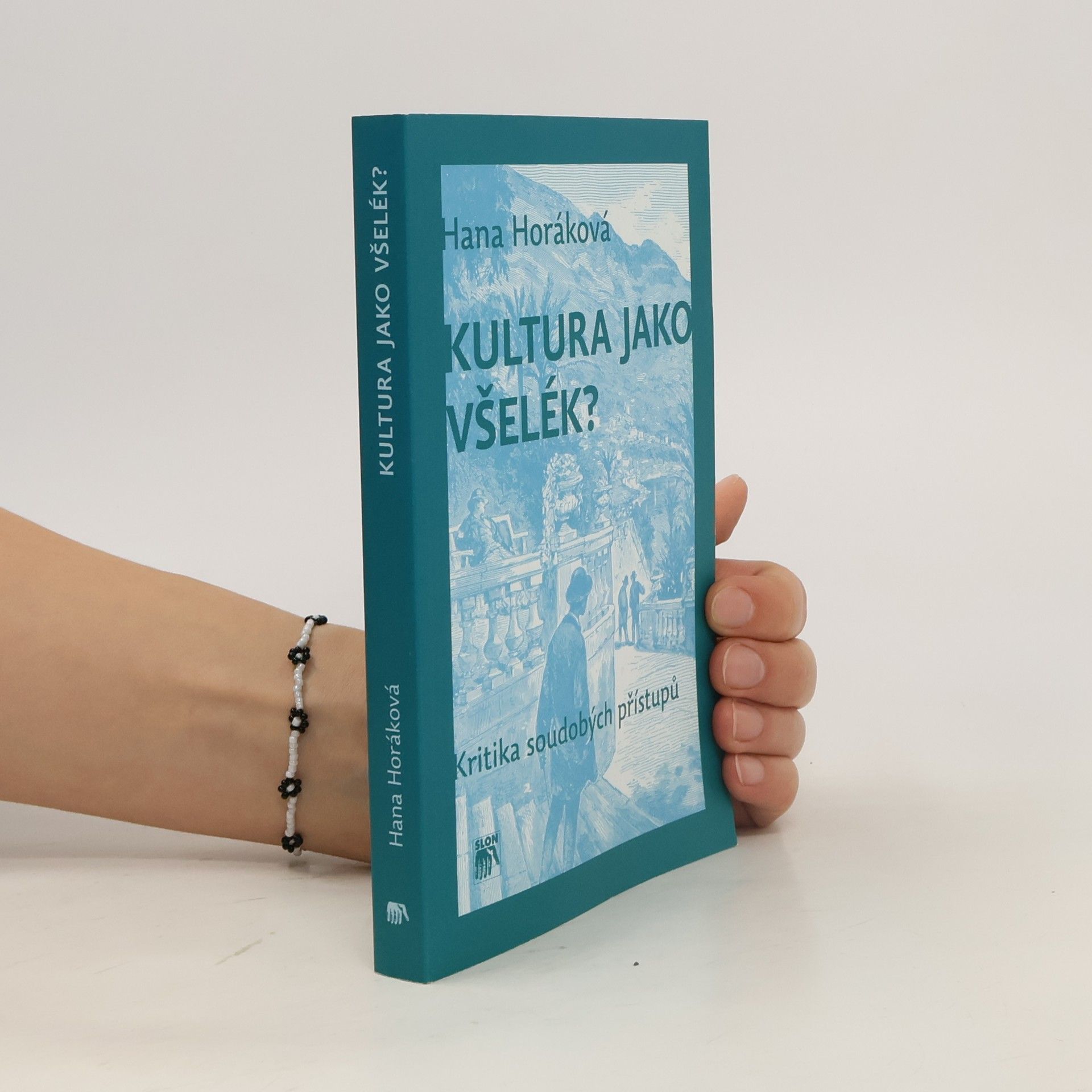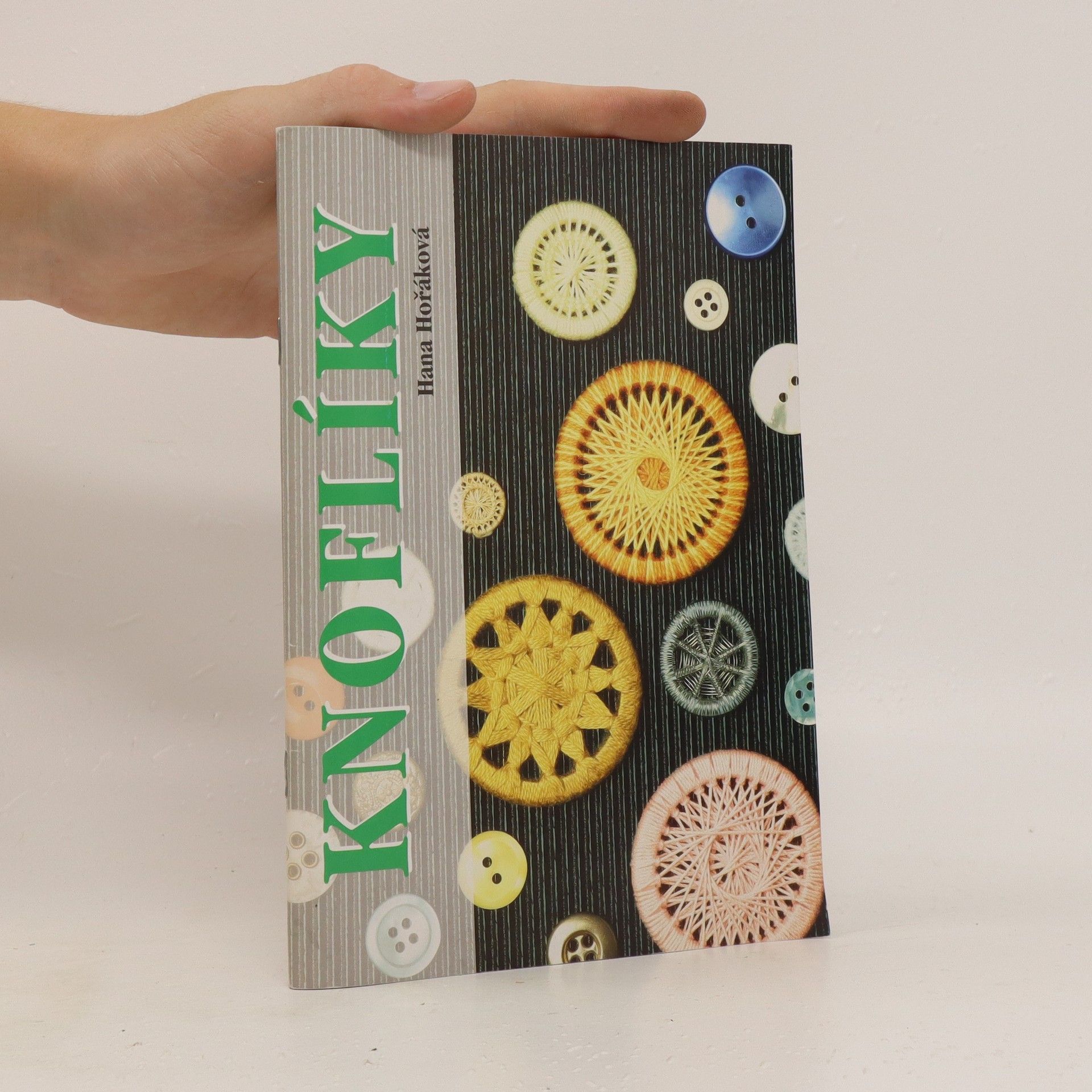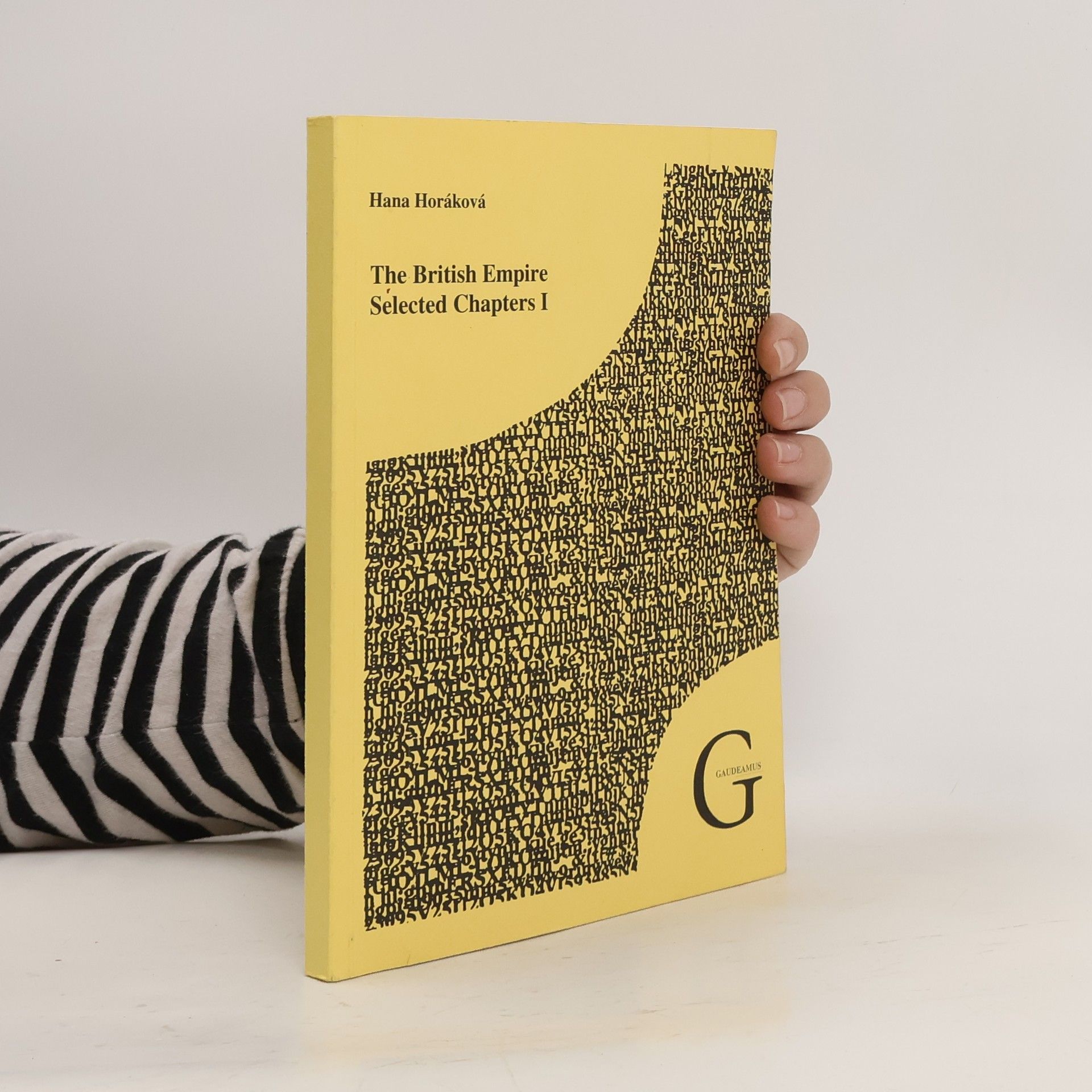The British Empire. Selected Chapters
- 183pages
- 7 heures de lecture






Africa is on the move. New geopolitical constellations have prompted individuals and groups to escape war, authoritarian regimes, environmental crises, and poverty. This has led to multiple migration patterns and complex mobilities of African people within and outside of Africa. This volume demonstrates that there is no unifying way to conceptualise the multiple nature of African mobilities. Some authors have conceptualised mobility on a metaphorical level while others provide analyses along spatial movement. This volume offers a vast portrayal of the diversity, innovation and richness of African mobile experiences through geographical, linguistic and socio-political domains. Providing nuanced and complex analyses offered by African Studies scholars of various disciplines, this book aims to contribute to new insights into African mobile experiences and to a repositioning of how Africa is represented globally.
The book presents a broad and multi-dimensional perspective on the topic of knowledge production in and of Africa and seeks changing its post-imperial pattern. This endeavour reflects the concern that in our globalised world, Africa is misrepresented twice: by the ways knowledge about it is selected by gatekeepers of knowledge, and by deliberate suppression of knowledge on Africa. The contributions to this volume address diverse aspects of knowledge production: they examine the existing knowledge-producing frontiers in Africa; they challenge methodological and theoretical universalisms in social science scholarship on the African continent; they look into the interface between the indigenous and modern knowledge systems and the role of African epistemologies and intellectuals in the production of knowledge.
In Africa the distribution of power and powerlessness seems to be more rigid than on other continents. Political power is in the hands of narrow elites while the overwhelming majority has hardly any access to decision-making. The common denominator of this book is the notion of power. It follows the analytical differentiation between the concept of power-over that is largely used by mainstream political science, and the concept of power as social practice. The authors ask pertinent questions on how power is composed, created and used on the African continent.
Autorka stručně rekapituluje úlohu knoflíku v historii odívání od kostěného, kovového, skleněného až po sbírku knoflíků Jindřicha Waldese (vystavena v Muzeu skla a bižuterie - r. 1999 vyhlášena kulturní památkou ČR). Vlastní text se zaobírá dokumentací nitěného koflíku na území ČR- lokality, stroje a nástroje, pracovní postupy, s důrazem na ručně vyráběné nitěné knoflíky. Pozoruhodně pestrý svět nitěných knoflíků. Publikace představuje prastaré řemeslo knoflíkářství a jeho novodobé tvůrčí využití. Jediná kniha o historii nitěného knoflíku.
Kniha je výsledkem několikaleté badatelské práce autorky na téma kultura z antropologického hlediska. Reaguje na převahu postmodernistického diskurzu o kultuře v akademickém prostředí i veřejném prostoru a nabízí kritický pohled na roli kultury v obou těchto oblastech. Vytyčuje několik zásadních problémů, které se týkají nejen konceptu kultury na poli terminologie, epistemologie a metodologie, ale souvisejí i s přesahem a průnikem kultury do dalších sfér sociální reality, zejména do oblasti moci a politiky. Autorka kriticky zkoumá soudobé paradigma kultury v souvislosti s jeho politizací a následným vznikem nových akademických disciplín založených na pojetí kultury jako kolektivní identity. Kniha klade řadu závažných otázek, kterými by se měla zabývat nejen sociální a kulturní antropologie, ale i ostatní společenské vědy, ve kterých je pojem kultury používán, a naznačuje možné odpovědi na tyto otázky.
Vytvořte si unikátní sošky, dekorace a dárky Powertex je revoluční výrobek založený na vodní bázi, netoxický, šetrný k přírodě a vhodný i pro děti. Představuje textilní tužidlo, které existuje v mnoha barvách, dá se kombinovat s mnoha barevnými pigmenty a je použitelné na všechny savé materiály. Pro tvorbu s Powertexem využijete různé odstřižky, kousky polystyrenu, dřeva, drátky a další všemožné zbytky a věci na vyhození, kterým tak vdechnete nový život. Ne jen tak pro nic za nic se tvorbě s Powertexem říká technika recyklační. Autorka Hana Hořáková vám ve svých návodech v knize Powertex: Vytvořte si unikátní sošky, dekorace a dárky ukazuje široké využití tohoto textilního tužidla. Za jeden den si můžete vytvořit překrásnou, téměř profesionální sochu, oživíte staré rámy, vytvarujete si jednoduchou ozdobnou misku z krajek, vytvoříte si svícen z papírové role nebo svíčkové hodiny, naučíte se vytvarovat postavu nebo třeba objevíte konzervační schopnosti Powertexu. Důležitou součástí knihy jsou příběhy, které psal sám život. Ke každému výrobku se váže nějaká historka nebo myšlenka, o kterou se s vámi autorka chce podělit a předat vám tak jisté ponaučení, téma pro zamyšlení nebo jen tak pro pobavení. Speciálně ke knize vznikla videa, ve kterých Hana Hořáková svoji knihu představuje a ukazuje vám návod, jak vytvořit sošku z Powertexu. Zde si můžete stáhnout šablony k návodům .